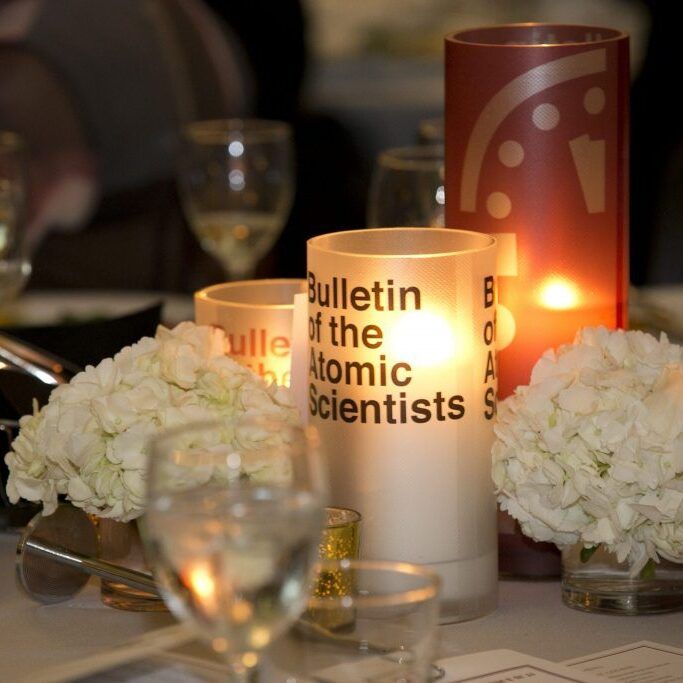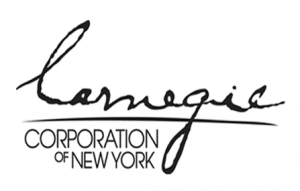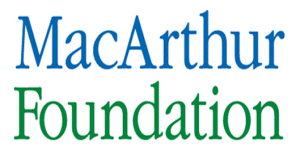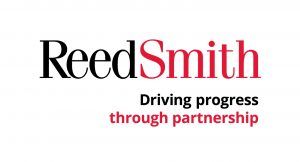2019 Annual Dinner and Meeting Program

Thursday, November 7, 2019
The Bulletin of the Atomic Scientists’ Annual Dinner and Meeting are opportunities for Bulletin supporters to engage with the most informed and influential voices tracking man-made threats to our existence. We're bringing innovative thinking to policy debates essential to healthier democracies and a safe, liveable planet.
Join us in Chicago
Scenes from the 2019 Annual Dinner and Meeting
2019 Annual Dinner Program
5:00pm Cocktail Reception
6:00pm Welcoming Remarks
Rieser Awardees
Erin Connolly and Kate Hewitt, 2018 Rieser Award Recipients
Introduction and Acceptance of Honors
Austin Hirsch, Partner, Reed Smith LLP
Lowell Sachnoff, Senior Counsel, Reed Smith LLP
Keynote Address
Eric Horvitz, Technical Fellow, Microsoft; Director, Microsoft Research Labs
Lifetime Achievement Award
William J. Perry, former US Secretary of Defense; Chair, Bulletin Board of Sponsors
Presented by Edmund G. Brown Jr., former Governor, State of California; Executive Chair, Bulletin of the Atomic Scientists
9:00pm Conclusion
2019 Annual Meeting Program
12:00pm: Registration and Buffet Lunch
12:30-12:45: Welcome and Introduction
Rachel Bronson
President and CEO, Bulletin of the Atomic Scientists
Robert Rosner
William E. Wrather Distinguished Service Professor, Departments of Astronomy & Astrophysics and Physics and Harris School of Public Policy Studies, University of Chicago; Chair, Science and Security Board, Bulletin of the Atomic Scientists
1:00pm-1:45pm: Session 1 (Choose one)
Elizabeth Talerman
Engaging generation possible on today’s nuclear threat
Today’s young people, “Generation Possible”, understand existential threats better than we appreciate. But we are not serving them well with outdated images and messaging. Based on extensive polling, brand testing and interviews, new research shows that linking nuclear issues to the environment, public health, and social justice is a winning combination. Come discuss some of the freshest work on communicating today’s biggest challenges to the newest group of activists, leaders and researchers. Our planet depends on getting this right.
Brett Goldstein
Urban AI: Lessons from the Chicago Police Department
Artificial intelligence and machine learning will radically transform the urban environment, from how we collect data, to how we protect our infrastructure, to how we fight crime. This session will focus on lessons learned from integrating data science into the Chicago Police Department’s crime prediction methodology including: the data we plug into machines from which they will learn will often surprise us; there are limits to what artificial intelligence and machine learning can accomplish; and that managers, operators and leaders will need to become much more adept in understanding, using and questioning the application of data science in ways they have yet to consider.
Mika Tosca
Can artists help scientists save the world?
The artistic process begins with human engagement. Perhaps the revolution we need to address climate change begins by making it an integral part of the scientific method. As we update our understanding of the environment, we must also update the tools we use to study it and the methods we use to present it to the public. Join this session to discuss how scientists and artists can better collaborate to solve climate change.
2:05pm-2:50pm: Session 2 (Choose one)
Judith Reppy
How disruptive technologies are changing the nuclear landscape
What are the implications of disruptive technologies on the evolving global nuclear landscape? Are advances in hypersonic weaponry fundamentally different from past breakthroughs? Is Artificial Intelligence simply IT that we don’t fully understand? Join us for a discussion about what is hype and what is not, when it comes to nuclear weapons, proliferation, and our ability to control both.
Robert Latiff
Unstable equilibrium: Resisting war in a hyperconnected world
New technologies will change the way we fight tomorrow’s wars. Many will keep soldiers safer and end conflicts sooner. But others raise a host of ethical questions that demand attention such as what it means to be a soldier, how to ensure civilian oversight, and when are networks so interconnected that commanders no longer have the ability to stop events from spiraling out of control. Join us for a discussion on new technologies, the future battlefield, and the questions we should be asking about each.
Sivan Kartha
Climate justice: A slogan? A distraction? A necessity?
Considerable attention is being given to technological innovation and its role in eliminating the greenhouse gas emissions that cause climate change. But it will be the ability to build a broad global consensus that will determine whether or not we are able to tackle one of the most profound challenges facing our planet. This session will provide a fresh look at the scope of our global commons problem, and the role that justice and equity play if we are ever to get close to that needed consensus.
3:10pm-3:55pm: Session 3 (Choose one)
Steven Miller
Is technology undermining nuclear stability?
Technological advancement has been normal in the nuclear context, but the pace and extent of such innovation in recent years is raising unprecedented issues and introducing new sources of instability. One thing is clear: new technologies are being absorbed in ways that will result in a nuclear order that is markedly different from that which existed at the end of the Cold War. Join us for a discussion of what’s new and what’s different and why it matters.
Asha M. George
Everything old is new again
Advancements in biology bring enormous benefits, but they also raise a host of new concerns. Advances in four areas in particular are occurring extremely quickly: synthetic biology, cyberbiology, microbiology, and biotechnology. This session will provide an overview of the changing biological threat landscape and cover ideas such as the creation of a super soldier, the combination of organic matter with nanotechnology, and the use of DNA itself to store information. All of these have very real ethical and national security implications, and are worthy of our attention.
Robert Socolow
The risks of climate solutions
Every “solution” that slows the onset of climate change has a significant downside if implemented poorly. The problem is analogous to deciding which strong drugs to administer to a very sick patient. We will discuss at least some of the following strategies: global expansion of nuclear-fission power, the grafting of carbon dioxide capture and storage (CCS) technology onto existing coal and natural gas power plants, bio-based solutions, and geoengineering.
4:15-5:00pm Plenary Conversation
Edmund G. Brown Jr.
Former Governor, State of California; Executive Chair, Bulletin of the Atomic Scientists
William J. Perry
Former US Secretary of Defense; Chair, Board of Sponsors, Bulletin of the Atomic Scientists
Moderated by Emma Belcher, Director, Nuclear Challenges, John D. and Catherine T. MacArthur Foundation
5:00pm Cocktail Reception
The Details






